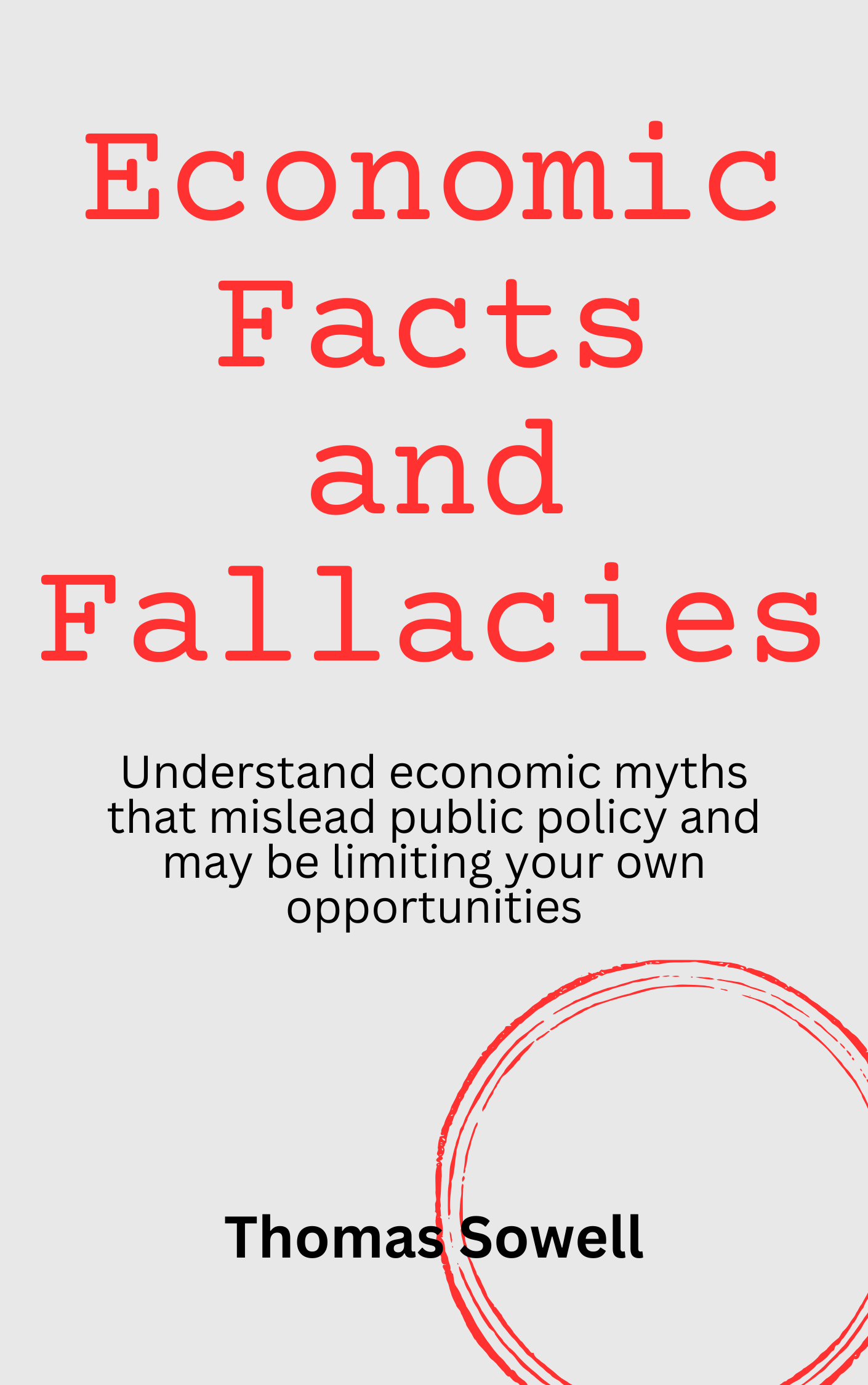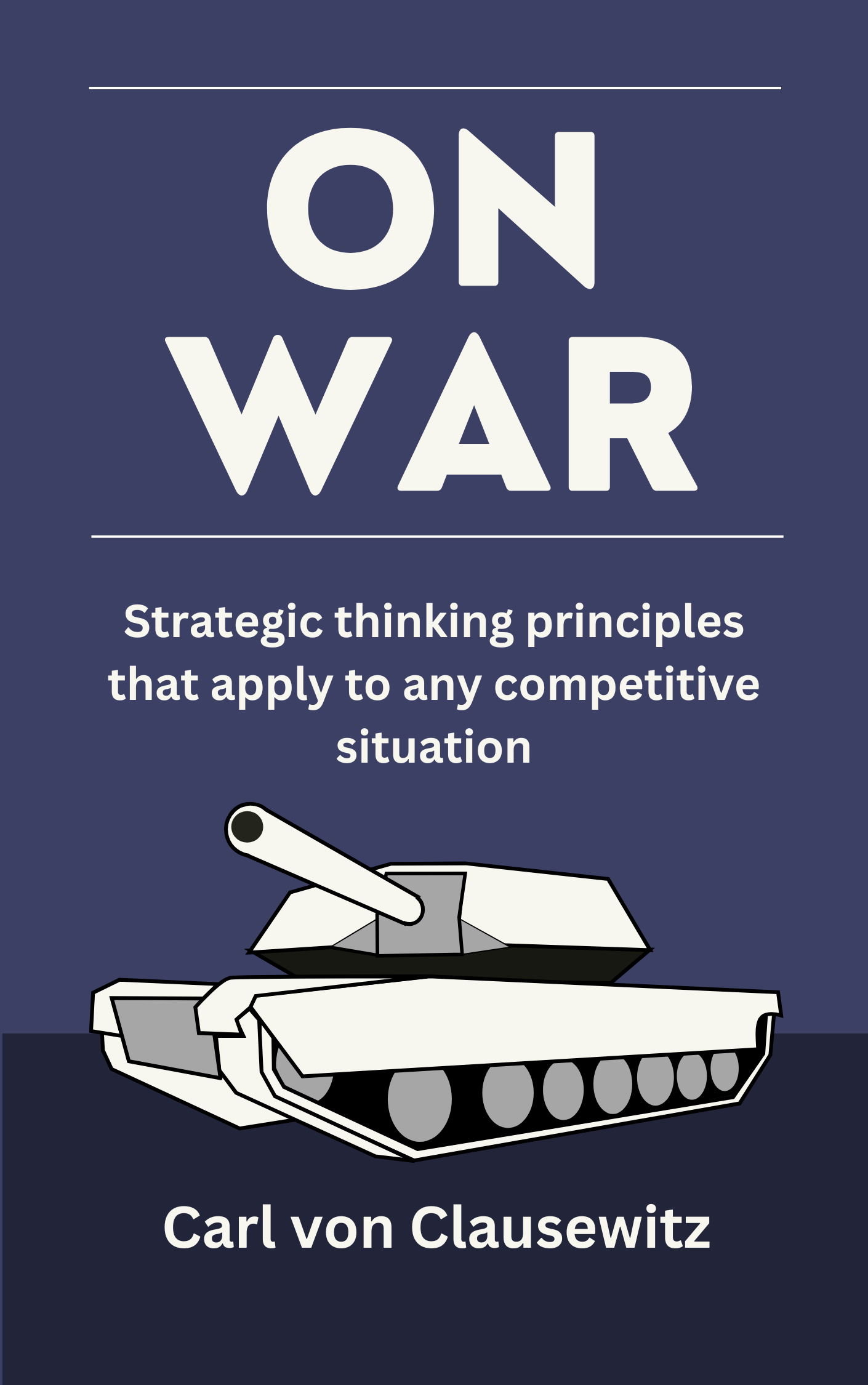Introduction
We all seek answers, and we always have! The 2300-year-old philosophy of stoicism deliberates upon and answers some of the most burning questions about human lives: How do I live correctly? What is virtue? What is happiness? How to face adversity in life? And, what is a life well-lived?
The book presents a riveting tale of the philosophy of stoicism. We will take you to the bustling streets of ancient Greece and Rome, where philosophers asked these questions centuries ago.
Stoic philosophy in antiquity and beyond postulates virtue as the highest form of good in life. But how to achieve virtue? Zeno, the founding father of stoicism, categorises virtue into four essential qualities - courage, temperance (or self-restraint & moderation), justice, and wisdom. The book explores these four key virtues of stoic philosophy and shows the real-life application of them in the lives of famous stoic philosophers.
The pursuit of self-improvement is a constant idea in stoicism. Taking a cue from the lives of some of the philosophers like Zeno, Aurelius, Clenthes, Cicero, etc. you will begin to understand the journey of stoic philosophers and see how an individual can achieve the utmost form of a virtuous and good life, as per stoicism. The willingness of stoic philosophers to embrace adversity and beat the anxieties of everyday life is relevant today, more than ever!
This is not about vain philosophical ideas. It’s about real actions you can take to transform your life!
Let us start with where it all begins, out of a pre-destined shipwreck!
Zeno’s courage in the face of adversity is the beginning of stoicism!
Cleanthes- A hard worker at night, a philosopher during the day!
Cleanthes, an ardent student of Zeno, was born in 330 BCE and was a testament to stoic philosophy throughout his life. Born into poverty, Cleanthes leads a tough life of manual labour. He was called Phreantles, a word which means ‘water boy’ in Greek, a nickname he got as he delivered water from the well to the city’s gardens.
After meeting his teacher and guide Zeno at the age of 50 years, Cleanthes starts to study philosophy during the day and continues his work at night. Slowly, he manages to build a reputation as a stoic philosopher. But he still declines any interest in teaching people, including an offer for the Macedonian king Antigonus the Second!
Cleanthes continues to practise manual work and study stoicism for 20 years under Zeno. All this despite his ailing health & advanced age. He considers hard physical work as virtuous and a chance to behold the environs of Athens. A chance for the mind & soul to be free from the vanities of society. A chance to reflect unperturbed on some of life’s most pertinent questions. In addition, like stoic philosophy, it demands temperance/discipline & endurance/courage. So, like a faithful stoic, he leads a simple life and prefers apathy to discomfort as a way of life.
Cleanthes faced criticism from his contemporaries for his frugal life choices. “He’s intellectually as good as a dead stone - he’s been studying for 2 decades and still hasn’t finished”. “What?! Have you heard he’s so stingy he uses bones and shells to write rather than buy paper”, they said about him. But he remains unperturbed. For they never understood him. They mistook his love of labour and adoption of frugality as mediocrity. They didn’t recognise his sharp intelligence. So instead, on went, using humour or comedy to deal with criticism and tough circumstances and shrugged off his critics.
Cleanthes went on to write several fascinating books on topics like ethics or law and strived for a virtuous life. The philosopher lived his stoic ideals and lived up to 100 years of age!
Now, we fast-word to Rome to behold the true deeds of Cato, the Younger, a philosopher who came 100 years after the death of Cleanthes.
Cato the Younger - a worthy stoic!
Cicero fails to practise what he preaches!
Born in 106 BCE Rome, Cicero achieved recognition due to his book Stoic Paradoxes. It is a monumental book on the philosophy of stoicism. It is a thought-provoking essay on the over-emphasis of virtue by stoics at the cost of luxury or money. The book immortalises the essential lessons and discussions of stoicism.
Cicero wrote a major work on stoic philosophy. But he failed to adhere to the central tenets of stoicism. Rising quickly to the rank of consul and commander of the Roman army, Cicero took after fame and acclaim. This was in contrast to the ideals of stoicism.
His infamous treatment of Senator Catiline and the supporters who attempted a coup against him marks a black chapter in his life. Resorting to anger to avenge an attempted coup, he orders the killing of supporters without a fair trial. In the ultimate stoic battle between justice vs passion Cicero succumbs to passion! Cicero fails to practise what he preaches in real life.
Our next philosopher king shows how true greatness is possible if one stays true to the principles of stoicism.
Marcus Aurelius- the first philosopher king!
Seneca’s blood lust!
Next up, is the most famous of the lot - the stoic philosopher Seneca. Lucius Annaeus Seneca was born in 4 BCE in Rome and gained recognition due to his book Moral Letters. The book contains a series of 124 philosophical letters that touch upon the central themes of stoic philosophy.
No matter the literary credentials, Seneca fails to practise most stoic principles in real life and lives a morally questionable life. Here's his story:
Stoics believe that it is our moral duty to strive for public good through politics. Seneca gets an opportunity to do so when he is offered a position to tutor Nero - the 12-year-old adopted son of the current emperor.
Nero is erratic and cruel as a child. Seneca’s lectures on stoic wisdom do little to change his behaviour. And the result is a long era of violence that starts with Nero killing his mother and all male contenders for the throne.
Seneca stays by Nero’s side for the next 15 years of his despotic reign displaying a clear weak moral judgement. It is believed that Seneca did try to discourage Nero from bloodshed and tyrannical rule but lacked moral fortitude, bravery and self-discipline to walk away from his king.
Showcasing a greedy disposition, his coffers quickly swell up with immense wealth. His journey starts with propagating stoic philosophy. He felt it was his duty to get involved in politics for the greater good, but in reality, he just ended up leading a self-centred life. Cato ended his life rather than bend his principles, but Seneca showed no such resilience. He disobeyed all four virtues of stoicism, deceiving himself and stoic philosophical values.
Ultimately, history will remember Seneca as an imperfect stoic who turned back on everything stoicism stands for. In the end, Seneca found some courage and took part in an assassination plot against the despotic emperor. However, the plot failed and his king ordered Seneca to kill himself - a death that came painstakingly slower than he might have imagined. When his slit wrists & ingested poison failed to kill him swiftly, he was taken to a warm bath where he suffocated to death
Seneca’s association with Nero gets his hands bloodied by his weak decision-making. In contrast to Seneca, let us see the story of a woman whose courage gave her a shining place in the history of stoicism.
Portia Cato: A devout woman stoic!
A woman’s role in history is more or less unrecorded, but many fought valiantly against tyrannies and wars, just like their male counterparts. Naming a woman a stoic philosopher is important for the reader who might be curious about the place of women in such exciting times.
Portia Cato, a beautiful and brave woman, was the daughter of Cato the Younger. She married Brutus, a man famous for plotting the assassination of Julius Caesar.
Interestingly, Portia was curious to know more about Caesar's assassination plot. She wins the confidence of Brutus by taking an extreme step. She stabs herself in the thigh and shows indifference to pain. Her stoic attitude towards pain encourages Brutus to share the assassination details with his wife - as he’s now confident she wouldn’t yield in the face of torture. A short while later, Brutus & co. stabbed Caesar to death.
Later on, her husband Brutus dies in the civil war initiated by Marc Antony, a supporter of Caesar. Historians believe Portia swallowed hot coal to kill herself, refusing to live under a new oppressor's empire, going down in a resolute, courageous ending. Her stoic bravery and indifference to pain show that the courageous lady imbibed stoic principles valiantly.
Chapter 10
Details coming soon.
Summary
The book gives an insight into the classical history and lives of stoic thinkers and philosophers. The real-life stories and examples set by philosophers make it a fascinating read for people looking for answers.
The contemporary reader can learn a lot by seeing how these philosophers practised the core stoic virtues of courage, wisdom, moderation, and justice- the principles eternally relevant to leading a virtuous life!











